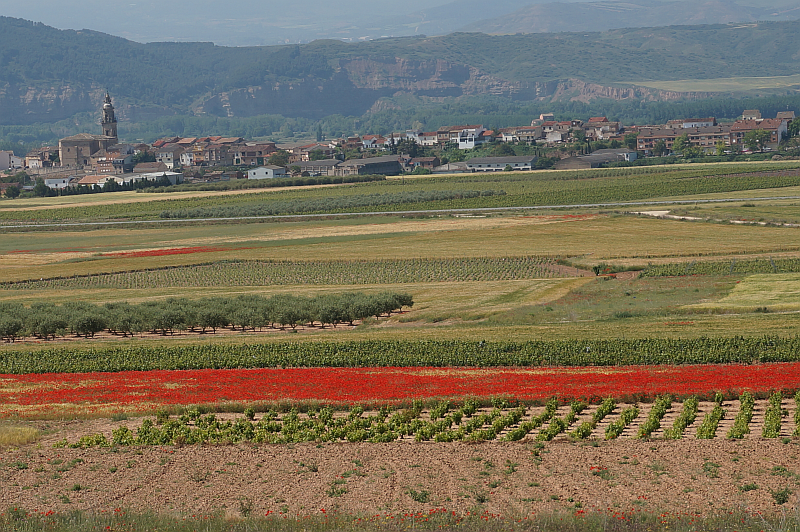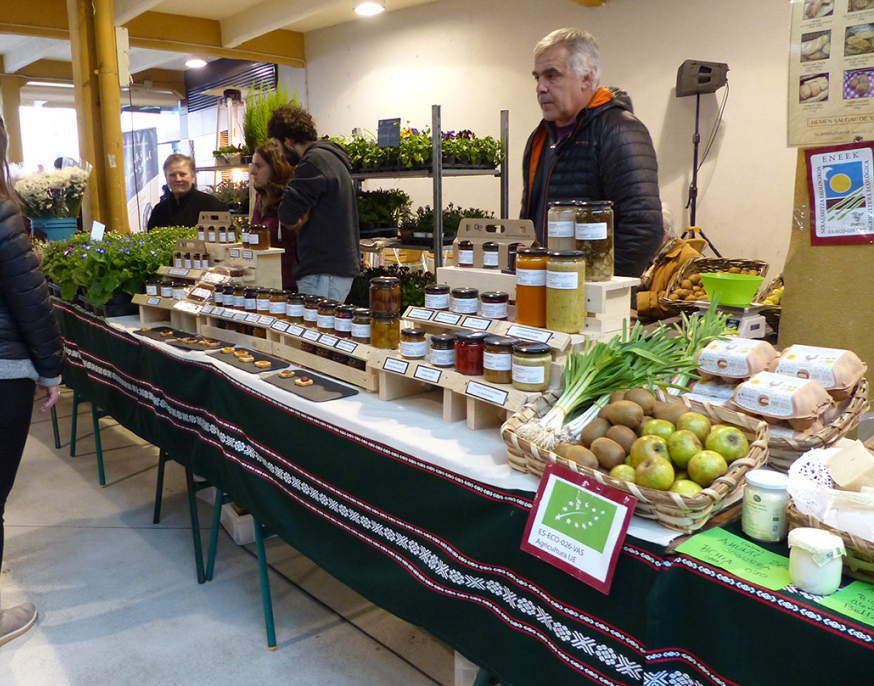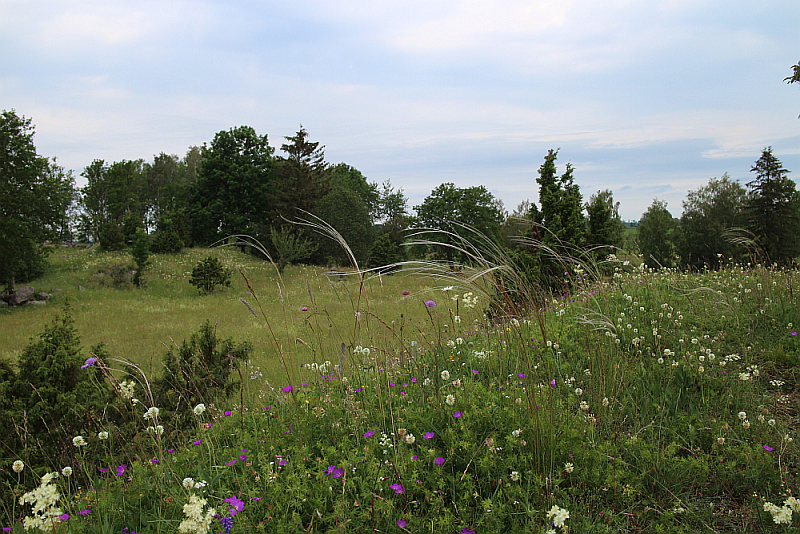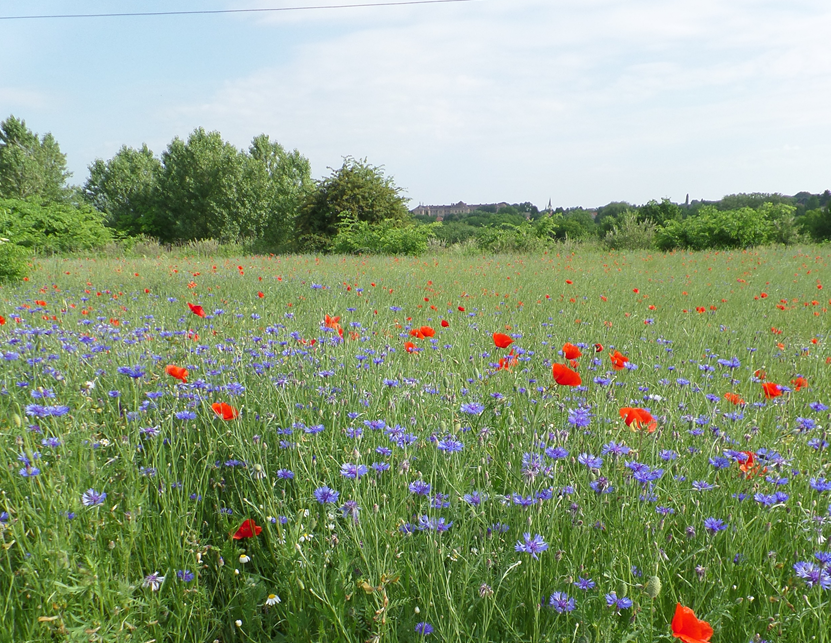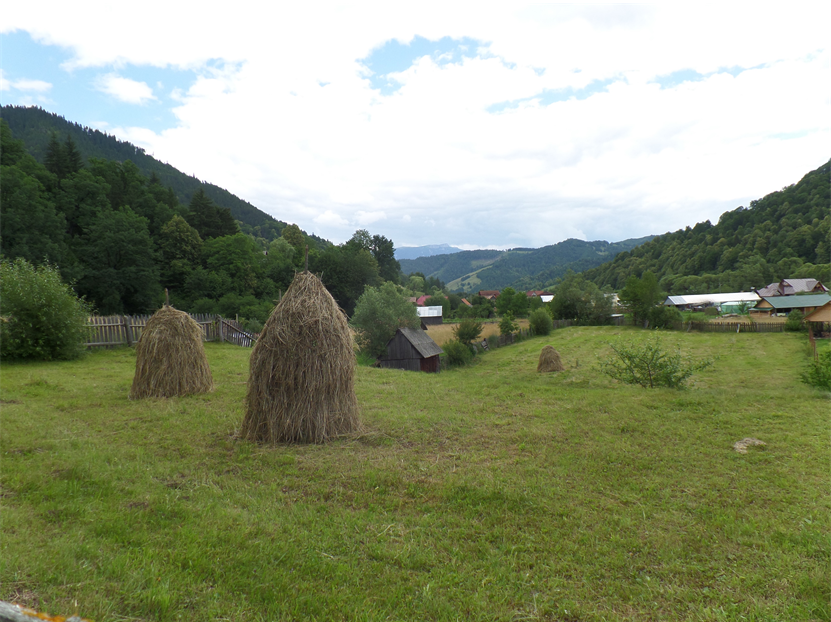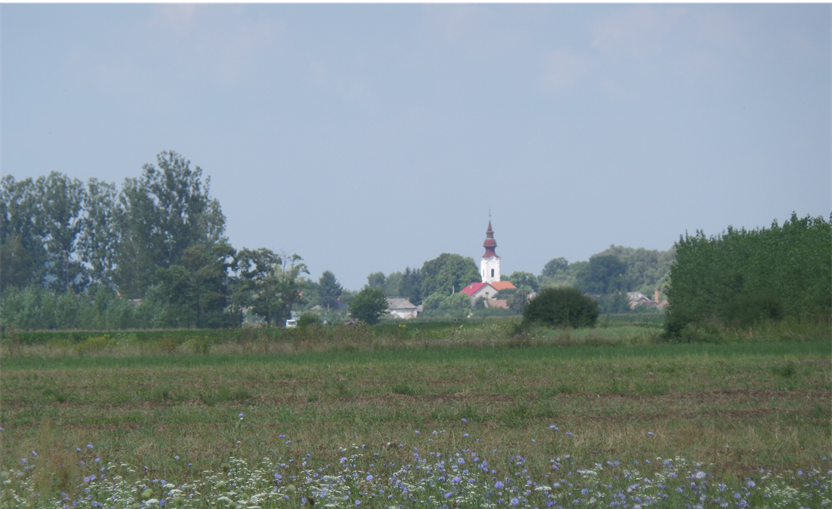Policy themes
Transition to climate neutral continent by 2045
The Climate & Energy framework of the EU for 2030 targets a reduction in greenhouse gas emissions of at least 40% compared to 1990 levels.
However, in light of evidence of the trajectory of emissions, the European Union 2030 Climate Target Plan sets out a new proposal of cutting greenhouse gas emissions by at least 55% by 2030, an increase of the previous target of at least 40% by 2030.
Transitioning to agro-ecological farming systems can contribute towards achieving this target, which is one aim of the EU Farm to Fork Strategy in accelerating a transition to a sustainable food system. Findings from UNISECO show that:
- agro-ecological farming can help to mitigate climate change and adapt to its impacts, such as through humus formation and regenerative arable farming in Eastern Austria;
- the incorporation of renewable energy into farming systems enable new streams of income, offset on-farm energy costs, and contribute to international, EU and national commitments to climate neutrality (see UK storymap, Finnish case study Policy Brief);
- changes in farm practices can reduce GHG emissions from arable land (see Austrian case study).
Reversing the loss of biodiversity
The EU Biodiversity Strategy 2030 aims to reverse the loss of biodiversity and put Europe's biodiversity on a path to recovery by 2030. Qualitative and quantitative evidence of agro-ecological farm practices, and case study farm demonstrations show gains in biodiversity. Findings include:
- changes in farm practices can increase genetic, species and habitat diversity (see German case study);
- biodiversity and water quality in orchards can be protected whilst also improving competitiveness and market access (see Greek case study);
- biodiversity can be increased and landscape management improved while maintaining the profitability of farming through local value chains (see Italian case study);
- the economic viability of conventional and organic dairy farms can be increased while preserving biodiversity in grasslands and water resource quality (see Latvian case study).
Not all objectives of policies can be achieved simultaneously or without consequences for each other. Quantitative evidence was collected from 13 case studies across Europe in which scenarios were applied of 28 different agro-ecological on-farm practices compared to status quo.
The findings show how transitions to agro-ecological farming systems can increase the provision of public goods (e.g. biodiversity, climate stabilisation, soil quality, reductions in GHG emissions). However, these benefits are context dependent (e.g. baseline emissions from existing practices, local climate) and traded-off with increased costs, needs for capital investment, and reduced farm income (e.g. c.5%) (Albanito et al., 2021). Such trade-offs between land as a provider of climate services and land for agriculture are likely to become increasingly relevant as climate impacts worsen.
